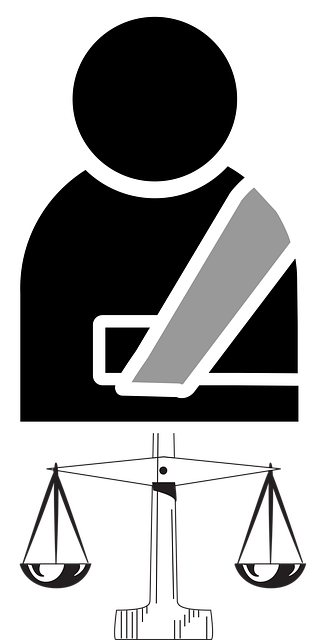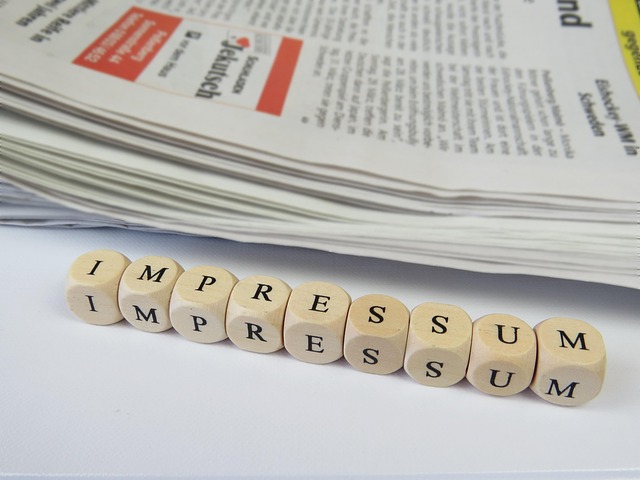Personal injury law encompasses legal processes aimed at providing justice and compensation for accidents and injuries caused by negligence or wrongful actions. Key claim types include motor vehicle accidents, slip-and-fall incidents, and medical malpractice, with liability determination and damages assessment crucial to lawsuit outcomes. Understanding one's rights under personal injury law is essential, as timely action—often within strict deadlines—is vital. Consulting an experienced personal injury lawyer can significantly aid in navigating legal complexities, gathering evidence, and negotiating settlements or court awards for fair compensation.
“Personal injury law is a vital field that ensures justice for individuals harmed due to someone else’s negligence. This comprehensive guide delves into the intricate world of personal injury claims, offering a detailed overview for those seeking understanding. From defining key concepts like liability and damages to exploring common types of accidents, we provide insights into the legal process. Furthermore, this article navigates your rights and options post-accident, empowering you with knowledge in pursuing justice under personal injury law.”
- Understanding Personal Injury Law: A Comprehensive Overview
- Common Types of Personal Injury Claims and Their Legal Process
- The Role of Liability and Damages in Personal Injury Lawsuits
- Navigating the Road to Justice: Your Rights and Options After an Accident
Understanding Personal Injury Law: A Comprehensive Overview

Personal injury law encompasses a wide range of legal issues surrounding accidents and injuries caused by the negligence or actions of others. It’s a comprehensive legal field that aims to provide justice and compensation to individuals who have suffered harm due to another party’s fault. This law covers various scenarios, from car accidents and slip-and-fall incidents to medical malpractice and workplace injuries. Understanding personal injury law is crucial for victims seeking redress and for ensuring that those responsible are held accountable.
The legal process involves several key elements: determining liability, assessing damages, and pursuing compensation. Liability refers to proving who or what entity is at fault for the injury. Damages assess the financial and non-financial losses suffered by the victim, including medical expenses, pain and suffering, and lost wages. Once liability and damages are established, victims can file a lawsuit or negotiate a settlement with the responsible party’s insurance provider to obtain compensation for their injuries and related costs.
Common Types of Personal Injury Claims and Their Legal Process

In the realm of personal injury law, several common types of claims emerge, each with its distinct legal process. Among the most prevalent are motor vehicle accidents, where individuals seek compensation for injuries sustained in car crashes, often involving negligence on the part of another driver. The legal process involves filing a claim with the appropriate insurance company or directly with the at-fault driver, gathering evidence like police reports and medical records, and potentially negotiating a settlement or litigating in court.
Another significant category is slip and fall accidents, which can occur on private or public property due to hazardous conditions. Plaintiffs must establish negligence by the property owner or manager, demonstrating that they knew or should have known about the dangerous condition. The legal process includes filing a lawsuit, serving legal notices, conducting discovery (gathering evidence), and presenting the case before a judge or jury. Additionally, medical malpractice claims are common, focusing on negligence by healthcare providers during diagnosis, treatment, or patient care, leading to injury or adverse outcomes.
The Role of Liability and Damages in Personal Injury Lawsuits

In personal injury law, liability and damages are two pivotal components that determine the outcome of a lawsuit. Liability refers to the legal responsibility of an individual or entity for causing harm or damage to another person. When establishing liability, courts consider factors such as negligence, intentional acts, or strict liability under certain circumstances. Negligence, the most common basis for personal injury claims, occurs when a defendant fails to exercise reasonable care, resulting in injuries to the plaintiff. Once liability is established, the focus shifts to damages, which are compensation for the harm suffered by the victim. Damages can include both economic losses (like medical bills and lost wages) and non-economic losses (such as pain and suffering or emotional distress).
The assessment of damages involves a detailed examination of the plaintiff’s injuries, their impact on daily life, and the extent of financial loss. Jurors or judges play a crucial role in deciding appropriate compensation based on the evidence presented during trials. Understanding liability and damages is essential for anyone considering legal action under personal injury law as it directly influences the potential outcomes and recoveries in such cases.
Navigating the Road to Justice: Your Rights and Options After an Accident

After a personal injury accident, navigating the legal system can feel overwhelming. The first step is to understand your rights under personal injury law. This includes the right to seek compensation for medical expenses, lost wages, pain and suffering, and other damages resulting from someone else’s negligence or intentional actions. It’s crucial to act quickly; deadlines for filing a claim vary by jurisdiction.
Seeking legal counsel from an experienced personal injury lawyer is often beneficial. They can help you interpret complex laws, gather evidence, and negotiate with insurance companies. While it may seem like a daunting process, understanding your options and having knowledgeable representation can be instrumental in securing justice and the compensation you deserve under personal injury law.
Personal injury law plays a crucial role in ensuring individuals are compensated for their injuries and holding negligent parties accountable. By understanding the various types of claims, the liability process, and your rights after an accident, you can navigate the legal system with confidence. This comprehensive overview equips readers with knowledge to pursue justice and receive fair damages, fostering a safer and more accountable society.
